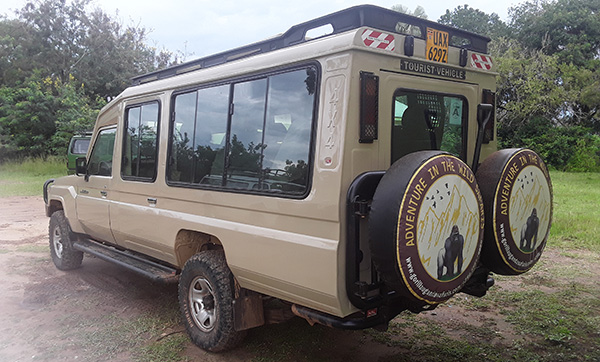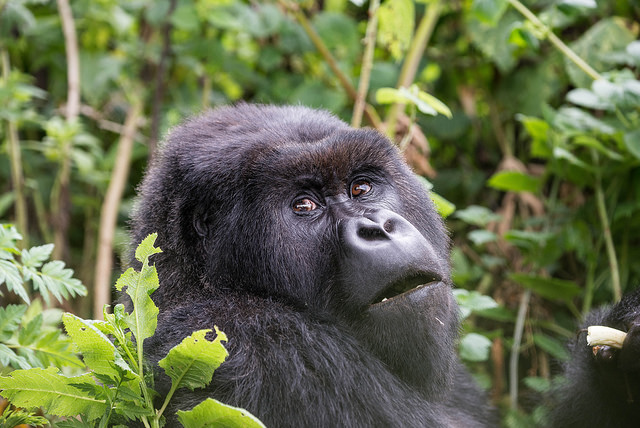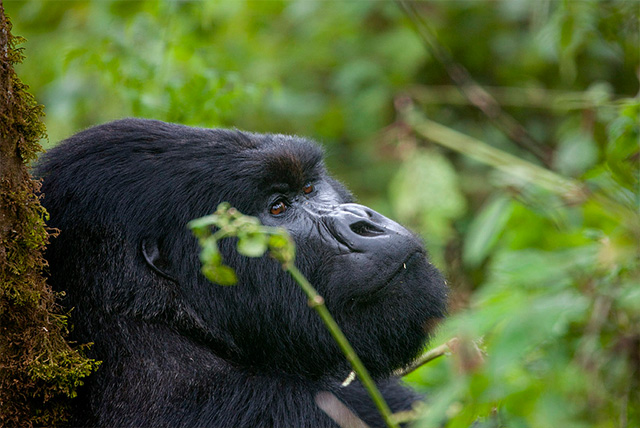Ethiopia Travel Advice
Essential Information
Size: 1,104,300 sq km Inhabitants: 93,877,025
Capital: Addis Ababa
Religions: Christian (Orthodox, Protestant), Muslim, Catholic, traditional
Languages: Amharic, Oromo, Tigrinya, Somali, Sidamo, Wolaytta, Guaragigna, Afar, Hadiyya, Gamo, Arabic, English, and various other native languages
Currency: Ethiopian Birr (ETB)
Time Zone: GMT + 3 hours
Landscape and Weather
Ethiopia is a captivating landlocked country located in the northeastern part of the African region known as the Horn of Africa. The country boasts a lofty central plateau, where majestic mountains soar above 4,000m (13,000ft), all beautifully divided by the Great Rift Valley. The western highlands experience summer showers, while the lowlands and eastern highlands bask in warmth and dryness.
Travel Documents
A passport is crucial and must be valid for at least six months beyond your planned visit, with at least two blank pages available. Every traveler heading to Ethiopia must obtain a visa. The sole exceptions include nationals from Djibouti and Kenya, as well as travelers arriving at Addis Ababa Bole International Airport for a connecting flight. Visas on arrival can be obtained by tourists at Addis Ababa (Bole) International Airport, costing around US $50 for one month and US $75 for three months. For additional details, reach out to the Ethiopian High Commission or the diplomatic mission representing your country (for British nationals, click here).
Explore the foreign office for the most up-to-date travel guidance for Ethiopia.
Wellness
We trust the information below will be useful, but remember, it is just a guide; requirements can shift often, so it is essential to verify all health requirements with your GP.
In certain regions of Ethiopia, the presence of malaria poses a challenge, and it is wise to take precautions such as using antimalarial medication, dressing in long-sleeved clothing and trousers, and applying insect repellent.
In certain regions of Ethiopia, there exists a possibility of yellow fever transmission, while some areas present a minimal chance of exposure to the virus. Consult your GP regarding your travel plans and the necessary vaccine requirements. (Visitors arriving from the UK and USA do not need to have yellow fever immunisation.)
Make sure you are completely informed about the Covid travel policies of your destination country. Discover the most recent FCO guidance by clicking here.
Discover the latest health requirements at the Travel Pro Health website.
Protection
Your travel insurance ought to encompass protection for cancellation and curtailment, medical coverage, lost or damaged baggage, and emergency evacuation. We are excited to be teamed up with Rush Insurance, offering a variety of travel insurance policies tailored for the adventures we provide. Check out their dedicated page on the website here.
Wealth
In Ethiopia, the surge in inflation has led to US dollars becoming the go-to currency in international hotels. If you add any hotel extras to your room account, such as charges from the restaurant or bar, they will typically appear on your hotel account in US Dollars. Exchanging some dollars for the local currency, Birr, can be quite handy for those little transactions, like tipping or picking up unique souvenirs. It’s a good idea to bring along some smaller bills that were issued after 2009. Keep in mind that some places may not offer credit card options. American Express, Visa, and Mastercard can be used at various accommodations and in many larger hotels and shops, though it is common for a 5–10% surcharge to be added, particularly by smaller businesses. In Addis Ababa, you will find ATMs and currency exchange spots, but venture outside the city and those options become less dependable.









